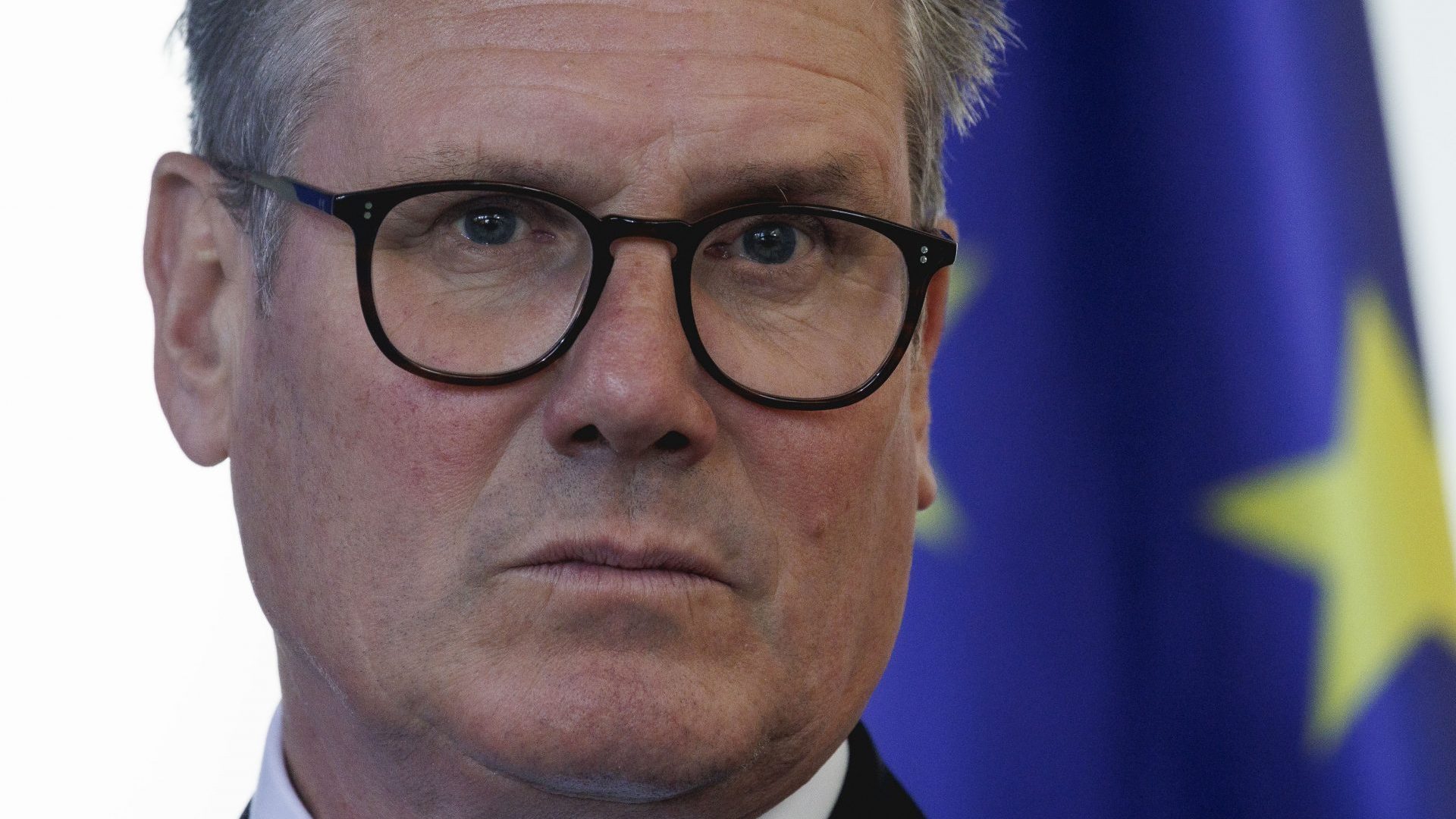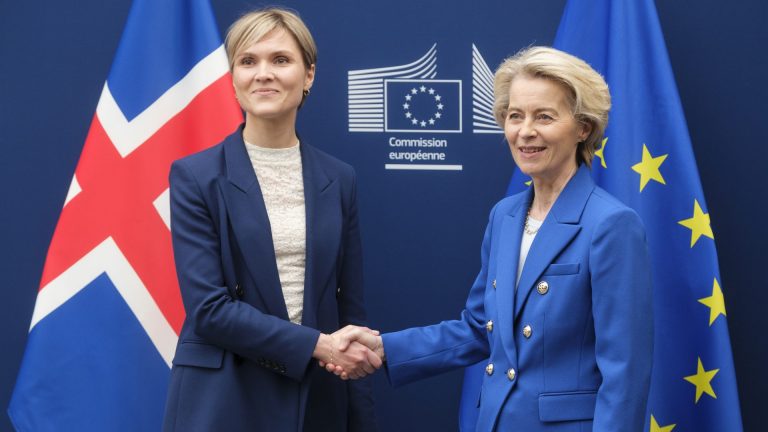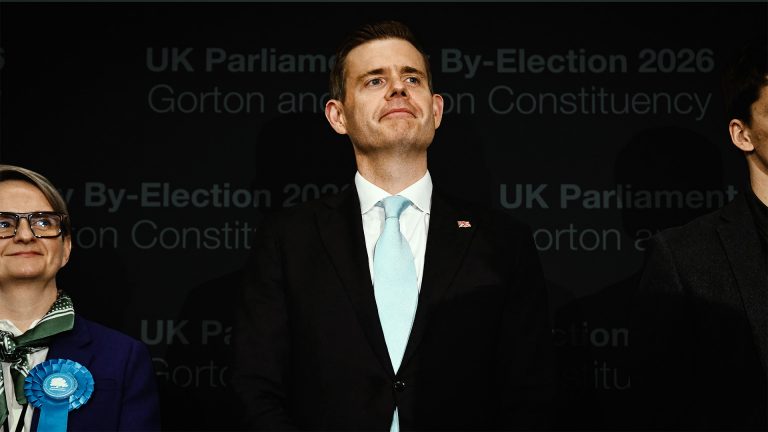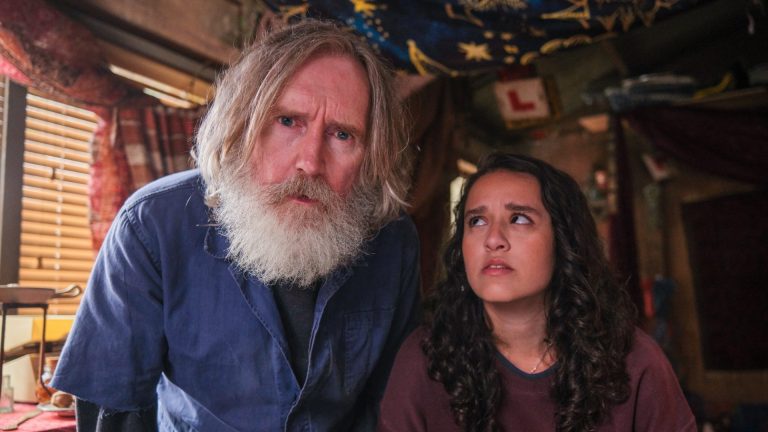What is your favourite moment of the Alien film series? Is it the discovery of the massive and terrifying xenomorph queen in Aliens (1986)? Is it John Hurt’s explosive breakfast (John Peel voice: “Three more from them later”) in the 1979 original? Is it the edge-of-seat corridor chases, the milk-spewing dying androids, the gruelling self-C-section in Prometheus (2012)?
Or is it that moment in each of the films when Ellen Ripley and her fellow lone survivors decide that the hard work of climbing into a power loader, fighting and subduing the alien and then firing it out of an airlock is all too much of a faff? And that, as long as sensible measures can be put in place to prevent the homicidal creature from extending its hideous jaw and nibbling on the nearest unfortunate, it should remain free to roam the air vents, laying its eggs and only staging one or two horrific slaughters per week?
This “Ripley reset” seems to be the government’s new line on the carnage caused by Britain’s decision to leave the European Union. It is now finally OK to talk about the facehugger in the room, and Rachel Reeves is doing so ahead of her tax-raising budget on November 26.
“There is no doubting that the impact of Brexit is severe and long-lasting,” the chancellor said on Sky News last week. Meanwhile, government sources told the Financial Times that the Office for Budget Responsibility’s long-standing prediction of a 4% hit to GDP from leaving the EU might have been a bit generous. “The OBR will say clearly that Brexit had a bigger effect on the British economy than they expected, along with Covid,” said one official.
Finally, Bank of England governor Andrew Bailey told a summit in Washington that he had weighed up Brexit’s impact on the UK’s economic growth. “And the answer is that for the foreseeable future it is negative.” It seems that the cat is finally out of the bag, the chestburster finally out of the chest.
Suggested Reading
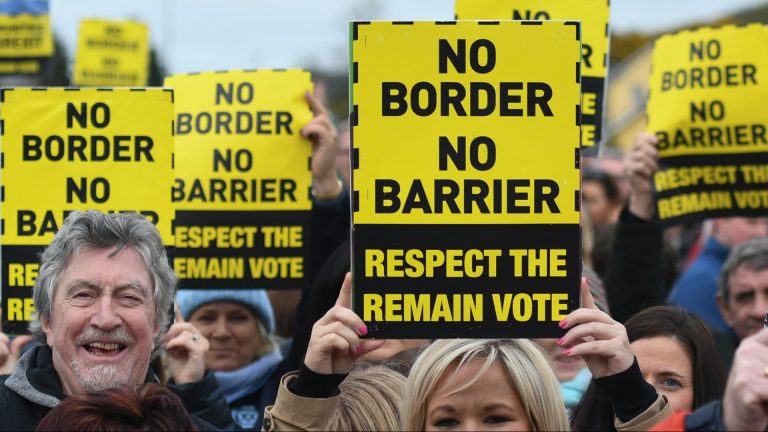

Brexit finally gets its museum… in Ireland
So, what are we going to do about this havoc and destruction? Keep calm and carry on, apparently. A Starmer ally told the FT: “This isn’t a big strategy to revisit Brexit, while “another Labour official said criticism was being levelled against the ‘hard Brexit’ negotiated by former Tory premier Boris Johnson, not the 2016 Leave decision in itself.”
At prime minister’s questions on Wednesday, the song remained the same. Ed Davey said: “I know Labour members are relieved they are finally allowed to say that the Conservatives’ Brexit deal is a disaster. But that cannot just be a political ruse to attack the honourable member for Clacton [Nigel Farage], however much he deserves it.
“Even worse, given that we still have the highest inflation in the G7, it must not be a smoke screen to raise taxes on ordinary people. It must be a call to action. Will the prime minister act now to repair the Brexit damage by negotiating a new UK-EU customs union to boost Britain’s trade and grow our economy?”
Keir Starmer’s reply was as predictable as it was disappointing: “No, I do not think that is the way forward,” he said. “What we have done is to have a much closer relationship with the EU, recognising the damage done by the flawed Brexit deal that the Conservative Party negotiated.”
Yes, Starmer’s deal has stopped a bit of the (acid) bloodletting. But it’s not going to offer the adrenaline shot that a customs union would. It’s not going to save the Nostromo.
Sadly, when it comes to Brexit and No 10, it seems that reality is still an alien concept.


